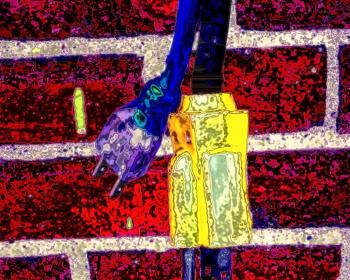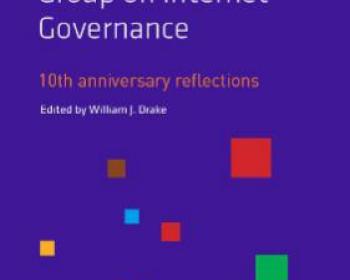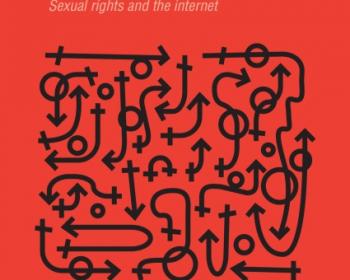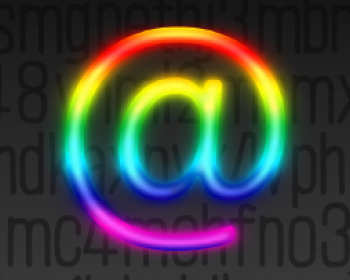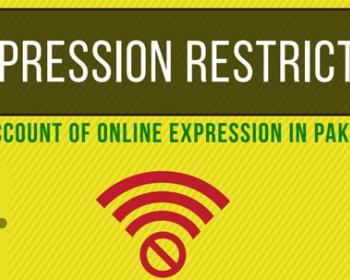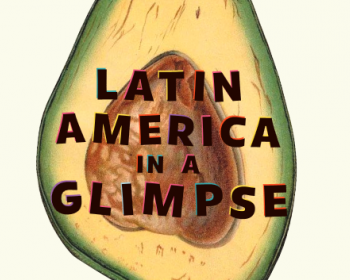Research
The purpose of this paper is to discuss the issues surrounding strategies for cooperation with the technical community in the effort to advance economic, social and cultural rights (ESCRs) on the Internet.
This book, written by former WGIG members and others who played key roles in the debates on the WGIG and WSIS, reflects on the WGIG’s procedural and substantive contributions to the evolving global internet governance dialogue and institutional ecosystem.
This edition of GISWatch presents stories from around the world on how the politics of sex and sexual rights activism takes place online. It examines how generally accepted sexual identities, as well as marginalised sexualities, are expressed, regulated and moralised on the internet.
Refused to become part of the silent majority, Institut Pelangi Perempuan conducted an exploratory research related to the LGBTIQ rights in the internet governance in Indonesia. This research is an attempt to challenge and build social movements through a process of advocacy in the fight against cyber-homophobia and blocking decisions unilaterally LGBTIQ sites in Indonesia.
India is a country of paradox. In the era of information revolution, while India stands ranked among the top five contributors of the people who are online, it is also one of the top countries where more than 80% of the people have no access to internet, while more than 70% of women in rural India do not have access to a mobile phone. Through this research, Digital Empowerment Foundation (DEF)...
This report assesses the state of specific internet-related rights in Malaysia, including freedom of expression, by applying the APC-La Rue Framework.
Freedom of expression is a universally accepted human right. As a signatory of the ICCPR, Pakistan has committed to uphold this right in the national constitution and through local laws. This report looks at how this right is framed in the legal structure in Pakistan and how it is practised, particularly in the digital spaces, by customising the APC-La Rue Framework.
This report presents a summary of the most relevant events with respect to human rights and the internet in Latin America in 2015, and was launched at that year's Internet Governance Forum (IGF).
This report focuses on the provision of free internet access to communities in public libraries in South Africa. It has been prepared in response to a United Nations Economic Commission for Africa (UNECA) review of the 2003 World Summit on the Information Society (WSIS) Plan of Action commitments, with the aim of gauging the extent to which South Africa has met those commitments ten years after...
ICT policy makers and regulators from 14 Southern African countries comprising the Member States of the SADC region gathered in Johannesburg to discuss how infrastructure sharing strategies and policies can be used to improve broadband access in the region. Dveloping countries can save billions and speed universal broadband access by sharing telecom infrastructure (such as ducts, fibres and mas...

Association for Progressive Communications (APC) 2022
Unless otherwise stated, content on the APC website is licensed under Creative Commons Attribution 4.0 International (CC BY 4.0)



